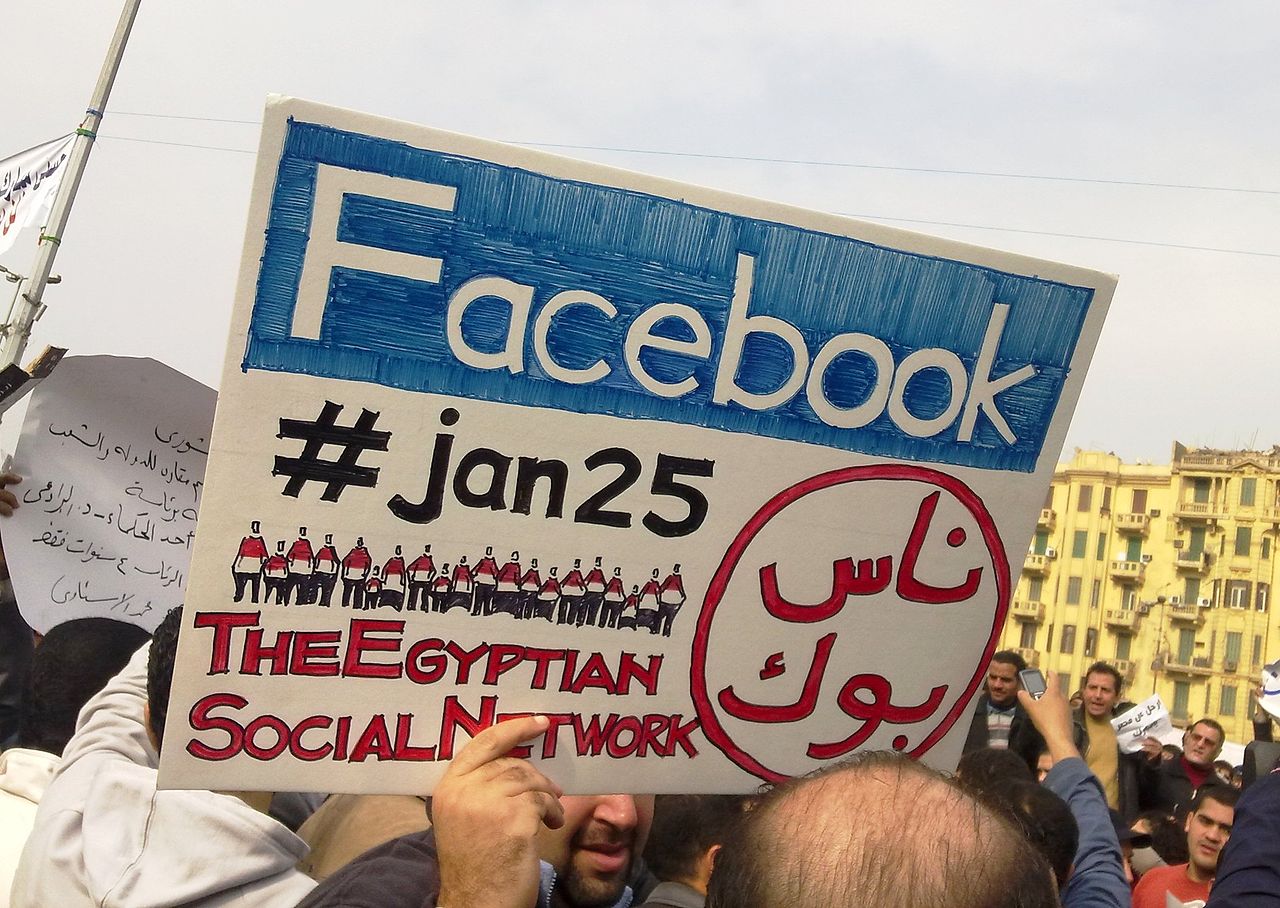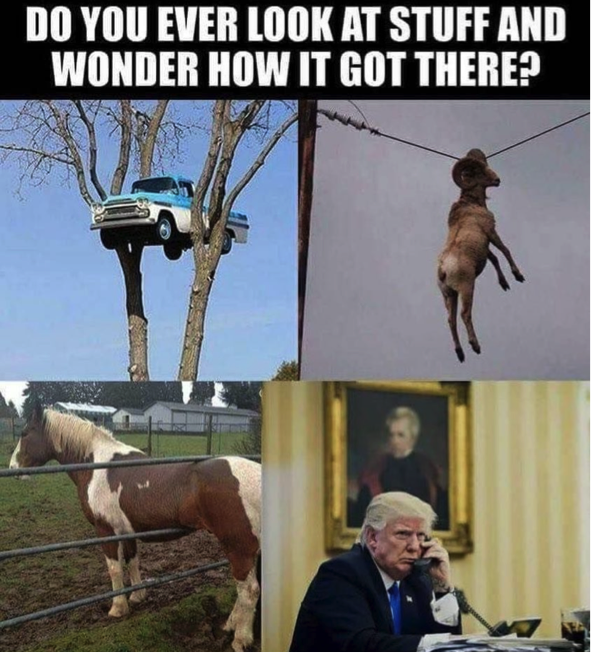Mar
2019
Viral engagement and Viral Memes
There is no doubt that in the current technological age social media has a large impact on our democracy. Increased use of social media in the political atmosphere has resulted in the growth of “viral engagement”. Viral engagement is defined as a political message or campaign that spreads quickly, reaches a large audience, and creates a call to action. This notion led me to pose the question is viral engagement good or bad for democracy? Viral engagement can be positive in the sense that it can create a democratic public sphere where citizens can deliberate policies and beliefs. Social media also creates a platform where individuals can mobilize their movements and gain mass attention around their cause/concept. However, we must also recognize the cons and effects of viral engagement as well. Viral engagement can summon a collective mass that is driven by largely unconscious forces and simple notions. This can result in an outlet where these masses can be easily manipulated.
An example of viral engagement is the 2010 Egyptian revolution that began on Facebook. Wael Ghonim created a Facebook page stating “Today they killed Khaled” , “If I don’t act for his sake, tomorrow they will kill me” after viewing an image of a bloody and disfigured man named Khaled who was beaten to death by the Egyptian police. He created a page of political awakening that described the oppression that was occurring in Egypt. His page went viral and he made a call to action through organizing protests. What bubbled up online inevitably spilled onto the streets, starting with a series of “Silent Stands” that culminated in a massive and historic rally at Tahrir Square in downtown Cairo. This Facebook page helped to ignite an uprising that led to the resignation of President Hosni Mubarak and the dissolution of the ruling National Democratic Party. Although Ghonim’s Facebook page demonstrates how viral engagement can reach the masses and create real political change it did not come without consequences. Many young Egyptians were killed in these protests. Mark Zuckerberg refused to acknowledge how his platform enabled these movements.
https://www.nytimes.com/2012/02/19/books/review/how-an-egyptian-revolution-began-on-facebook.html
Along with an increase in viral political movements there has been a growth of viral political memes in recent years. An example of a viral political meme is pictured. This meme went viral because of its outrageous images, simple message, and humorous appeal. The first three pictures are of unnatural events while the fourth is Trump sitting in office. The meme reads “Do you ever look at stuff and wonder how it got there?”. Many citizens are aware that Trump did not have any political or governmental experience prior to the presidency. This meme creates humor and plays off of the idea that he is unfit for office.
